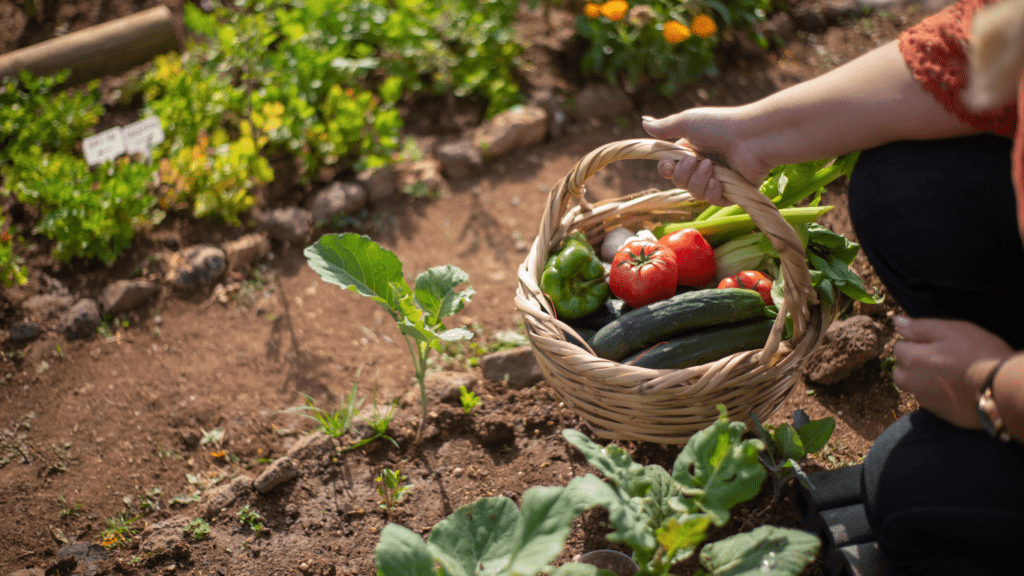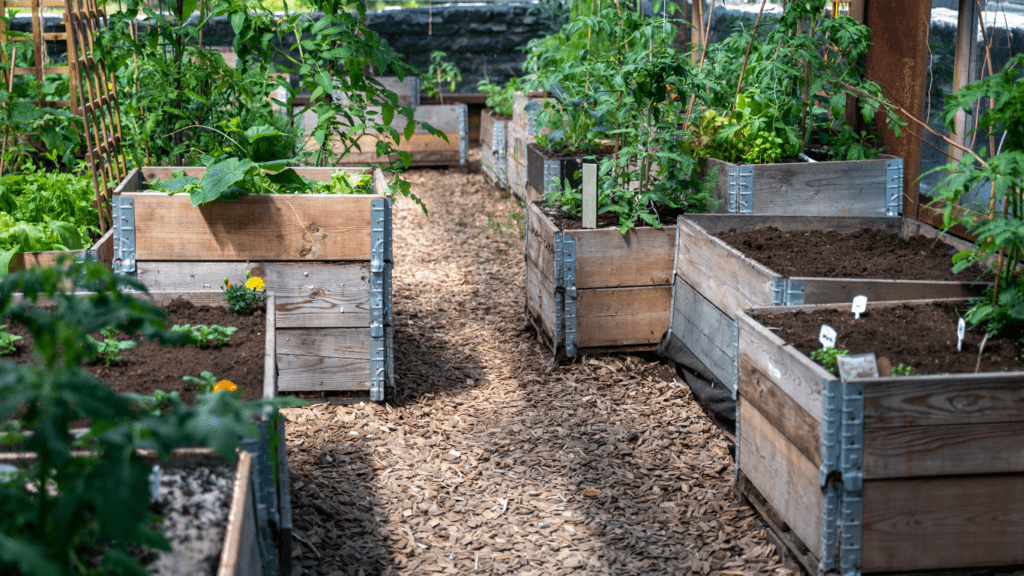Stress and anxiety have become all too common in our fast-paced urban lifestyles. In my experience, urban gardening offers a simple yet powerful solution to combat these modern-day challenges. The act of tending to plants, even in a small city space, can have a profound impact on one’s mental well-being.
As I delve into the topic of how urban gardening reduces stress and anxiety, I’ll share insights based on my own journey and expertise in the field. From the therapeutic benefits of connecting with nature to the satisfaction of watching plants thrive under your care, urban gardening is a valuable tool for cultivating inner peace amidst the chaos of city living.
The Benefits of Urban Gardening for Mental Health
How Gardening Reduces Stress
Gardening, particularly in urban settings, offers a natural escape from the hustle and bustle of city life. The simple act of tending to plants can have a profound impact on reducing stress levels. Engaging with nature through gardening creates a calming effect on the mind, allowing for a break from daily anxieties.
The Effect of Nature on Anxiety Levels
Being surrounded by greenery in urban environments can significantly lower anxiety levels. Urban gardening provides a therapeutic environment that promotes relaxation and a sense of tranquility. The presence of plants and natural elements in city spaces offers a much-needed respite from the fast-paced nature of urban living.
Key Components of an Urban Garden
When it comes to creating an urban garden that can effectively reduce stress and anxiety, there are a few key components to consider. Here is a breakdown of essential elements that can make your urban oasis a haven for relaxation and tranquility.
- Choosing the Right Plants
In an urban garden aimed at reducing stress, selecting the right plants is crucial. Opt for greenery known for its calming properties, such as lavender, jasmine, or chamomile. These plants can not only add a touch of nature to your space but also contribute to a serene environment that promotes relaxation. -
Designing for Relaxation and Comfort
The design of your urban garden plays a significant role in its ability to reduce stress and anxiety. Create designated areas for relaxation, such as cozy seating nooks surrounded by foliage or a tranquil water feature. Incorporate elements that evoke a sense of comfort and peace, allowing you to escape the hustle and bustle of city life within your own green sanctuary.
Practical Tips for Starting an Urban Garden
Space Management in Urban Areas
When starting an urban garden, space management is crucial. In my experience, I’ve found that vertical gardening is a great way to maximize space in small urban areas. Utilizing vertical space by hanging planters or installing wall trellises can significantly increase the number of plants you can grow. It’s essential to make the most of every inch available to create a thriving urban garden.
Essential Tools and Resources
Having the right tools and resources is key to successfully starting an urban garden. In my urban gardening journey, I’ve discovered that some essential tools include a good pair of gardening gloves, a trowel for planting, and quality soil for healthy plant growth. Additionally, resources such as online gardening forums and community gardens can provide valuable knowledge and support as you begin your urban gardening venture. Remember, having the right tools and resources can make a significant difference in your gardening experience.
The Impact of Urban Gardening on Community Well-being
Urban gardening not only enhances mental well-being but also plays a crucial role in fostering community well-being. By creating green spaces within cities, urban gardening offers a sanctuary for individuals to unwind and reconnect with nature.
I share my personal experience of how urban gardens can serve as communal meeting points where neighbors come together to cultivate plants, share gardening tips, and build friendships. The presence of these shared green areas encourages social interactions, fostering a sense of belonging and unity among community members.
In urban neighborhoods, where green spaces are limited, community gardens and shared urban plots provide residents with a valuable opportunity to engage in gardening activities collectively.
From organizing gardening workshops to collaborating on community beautification projects, urban gardening initiatives bring people closer and promote a sustainable and eco-conscious lifestyle. By participating in these shared green spaces, individuals contribute to the overall well-being of their community while enjoying the therapeutic benefits of gardening.

 Joseph Hood is an integral part of the project team, specializing in renewable energy and sustainable technology. His expertise in solar energy systems and energy efficiency plays a crucial role in shaping the project's goals and initiatives. Joseph actively collaborates with fellow team members to explore innovative solutions for reducing carbon footprints and promoting cleaner energy sources. His enthusiasm for public education ensures that community members are informed about the benefits of renewable energy, reinforcing the project's mission to create a more sustainable future.
Joseph Hood is an integral part of the project team, specializing in renewable energy and sustainable technology. His expertise in solar energy systems and energy efficiency plays a crucial role in shaping the project's goals and initiatives. Joseph actively collaborates with fellow team members to explore innovative solutions for reducing carbon footprints and promoting cleaner energy sources. His enthusiasm for public education ensures that community members are informed about the benefits of renewable energy, reinforcing the project's mission to create a more sustainable future.